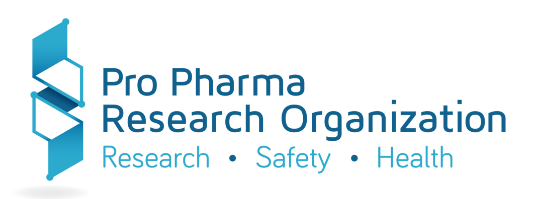
From the Laboratory to Launch: A Regulation-Driven Marketing Roadmap for a Pharmaceutical Company
In the fast-paced world of the pharmaceutical industry, taking a drug from its conception in the laboratory to its launch in the market is a complex and rigorous process that requires meticulous planning. One of the fundamental pillars for success in this journey is a solid regulation-driven marketing roadmap. In this article, we will explore the key steps in this roadmap, from initial stage planning to partnering with regulatory consultants.

Initial Stage Planning:
Defining the Target Market and Regulatory Landscape:
The critical first step in the marketing roadmap is defining the target market and thoroughly understanding the regulatory landscape of the regions where the product is planned to be launched. This phase requires thorough research to identify geographic areas that offer the best market potential and understand the specific regulatory requirements of each. For example, approval procedures from the United States Food and Drug Administration (FDA) may differ significantly from those of the European Medicines Agency (EMA) or other regional regulatory authorities.
By understanding these requirements from the outset, the pharmaceutical company can tailor its development and marketing strategy to comply with local regulations, avoiding costly delays and regulatory hurdles later in the process.

Creating a Regulatory Strategy:
Once the target markets are identified and regulatory requirements understood, the next step is to create a robust regulatory strategy. This strategy should address several key aspects of product development and marketing, including clinical trial design, data collection, and intellectual property protection.
The design of clinical trials is crucial to demonstrating the safety and efficacy of the drug to regulatory authorities. The regulatory strategy should include a detailed plan for conducting these trials, ensuring they meet regulatory standards and are capable of generating the necessary data to support approval applications.
Data collection is another critical aspect of the regulatory strategy. The company must establish robust systems for collecting, analyzing, and presenting data consistently and convincingly throughout the product development process.
Furthermore, intellectual property protection is essential to ensure that the company can effectively market and benefit from the product once it is on the market. This may involve filing patents and implementing strategies to protect proprietary research and development data.

Partnering with Regulatory Consultants:
Finally, an integral part of a successful marketing roadmap is partnering with expert regulatory consultants. These professionals can bring valuable expertise and specialized knowledge that complements the company's internal team. By engaging regulatory consultants early in the development process, the company can benefit from their guidance in critical areas such as regulatory interpretation, preparation of approval applications, and communication with regulatory authorities.
In summary, a regulation-driven marketing roadmap is essential to guide a drug's journey from the laboratory to its launch in the market. By clearly defining the target market, creating a robust regulatory strategy, and partnering with expert consultants, pharmaceutical companies can maximize their chances of success in this challenging yet rewarding process.
At Pro Pharma Research Organization we offer high quality Business Analysis and Information services. Our services include data collection and integration, market analysis and competitor studies. Additionally, we provide support in Regulatory Affairs, including the development of regulatory strategies, pharmacovigilance and safety reporting, as well as labeling and product information. Follow us to get more information and stay up to date with our news.










